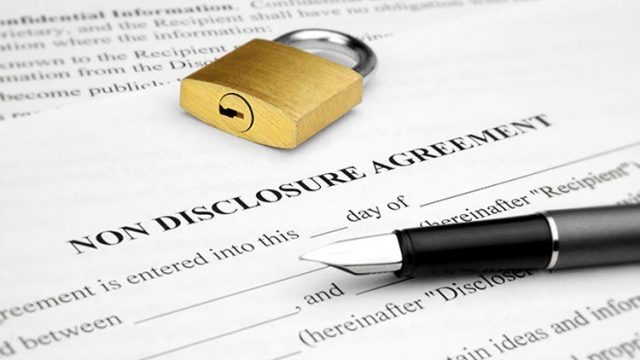If you own or manage a business that uses commercial contracts as part of its operations, then we hope that before implementing those contracts, you sought the advice of commercial lawyers.
If you did not, then there is the possibility that because the contracts were not checked by a legal expert that they could include unfair terms.
Unfair contract terms are those terms and clauses within a contract that could be deemed to be unfair at best, potentially void, and almost undoubtedly unenforceable if you were to refer to or rely on them should any legal dispute arise between your business and a customer or client.
Continue reading “How To Avoid Breaching Unfair Contract Terms Legislation”





